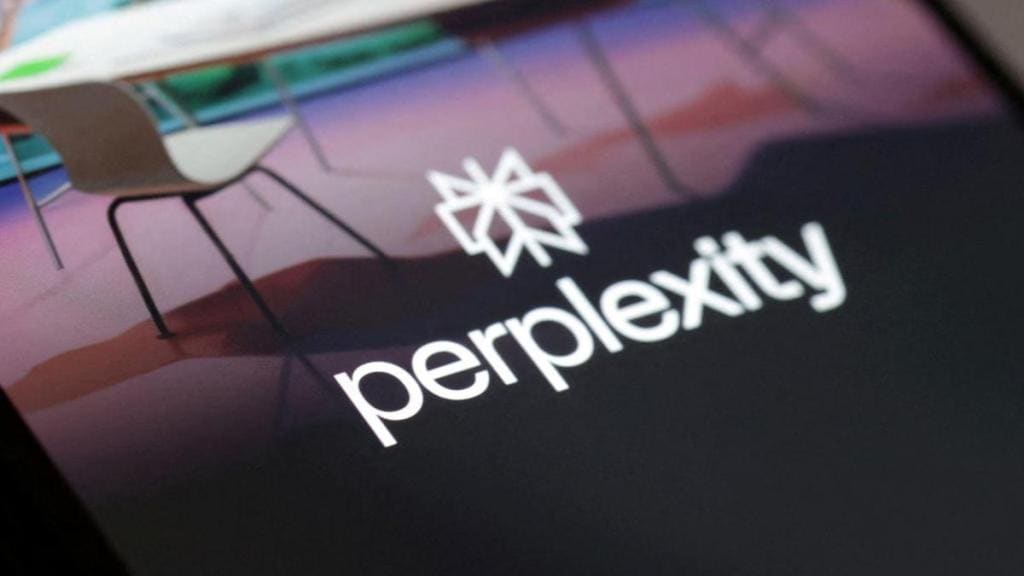Google and the US Justice Department faced off on Monday in Washington courtroom as the latter has accused the IT giant of illegal monopoly. The Department of Justice seeks to block the leading tech company’s efforts of potentially using artificial intelligence to expand its online search dominance.
Through the historic antitrust case, the DOJ hopes to acquire an order that would leave Google with no option but to sell its Chrome browser and accommodate other measures to achieve the endgame in question: finishing its alleged online search monopoly.
It’s “time to tell Google and all other monopolists who are out there listening, and they are listening, that there are consequences when you break the antitrust laws,” DOJ attorney David Dahlquist said in his opening statement. The monopoly case in question holds the power to potentially forever change Google’s business. As a result, prominent witnesses will be required to take the stand.
The new round of the legal tussle between Google and DOJ will witness tech and AI companies participating in the hearing. Big names like DuckDuckGo, Microsoft’s Bing, Yahoo, OpenAI and Perplexity are expected to make headlines as they have been asked to testify. Regardless of which way their participation in the antitrust trial goes, Perplexity AI’s Indian-origin CEO Aravind Srinivas has already mapped out a game plan. An ideal outcome, according to him, won’t let anything go sideways for Google.
Perplexity to testify in Google monopoly case
On Monday night (IST), the Perplexity CEO took to his X profile to share “core points” the AI company will stand by while testifying in favour of Google.
The first pointer established why “Google should not be broken up.” Srinivas explained, “Chrome should remain within and continue to be run by Google. Google deserves a lot of credit for open-sourcing Chromium, which powers Microsoft’s Edge and will also power Perplexity’s Comet. Chrome has become the dominant browser due to incredible execution quality at the scale of billions of users.”
As far as his take on the matter goes, no one “else can run a browser at that scale without a hit on quality, nor the business model to be able to serve that many user profitably by keeping the browser free.” And so, despite the DOJ pushing for Chrome to be divested from Google, Perplexity has a different game plan in mind.
Perplexity has been asked to testify in the Google DOJ case. Our core points:
— Aravind Srinivas (@AravSrinivas) April 21, 2025
1. Google should not be broken up. Chrome should remain within and continue to be run by Google. Google deserves a lot of credit for open-sourcing Chromium, which powers Microsoft's Edge and will also…
As for the second “core” point, he said, “Android should become more open to consumer choice.”
“There shouldn’t be a tight coupling to the default apps set by Google, and the permission for OEMs to have the Play Store and Maps. Consumers should have the choice to pick who they want as a default search and default voice assistant, and OEMs should be able to offer consumers this choice without having to be blocked by Google on the ability to have the Play Store and other Google apps (Maps, YouTube),” he wrote online.
In his lengthy thread’s final tweet, he concluded, “The remedy that is right in our opinion is not a breakup of Google; but rather offering consumers the choice to pick their defaults on Android without feeling the risk of a loss in revenue. That’s what we will be proposing.”
Department of Justice vs Google antitrust case
Last week, the DOJ’s official news release announced that the Antitrust Division of the Department of Justice had prevailed “in its second monopolization case against Google.”
The official statement read, “In United States et al. v. Google, the U.S. District Court for the Eastern District of Virginia held that Google violated antitrust law by monopolizing open-web digital advertising markets.” At the time, the court said Google “harmed Google’s publishing customers, the competitive process, and, ultimately, consumers of information on the open web.”
Attorney General Pamela Bondi also hailed it a “landmark victory” in the DOJ’s efforts to “stop Google from monopolizing the digital public square.” She added that the Justice Department, “will continue taking bold legal action to protect the American people from encroachments on free speech and free markets by tech companies.”


